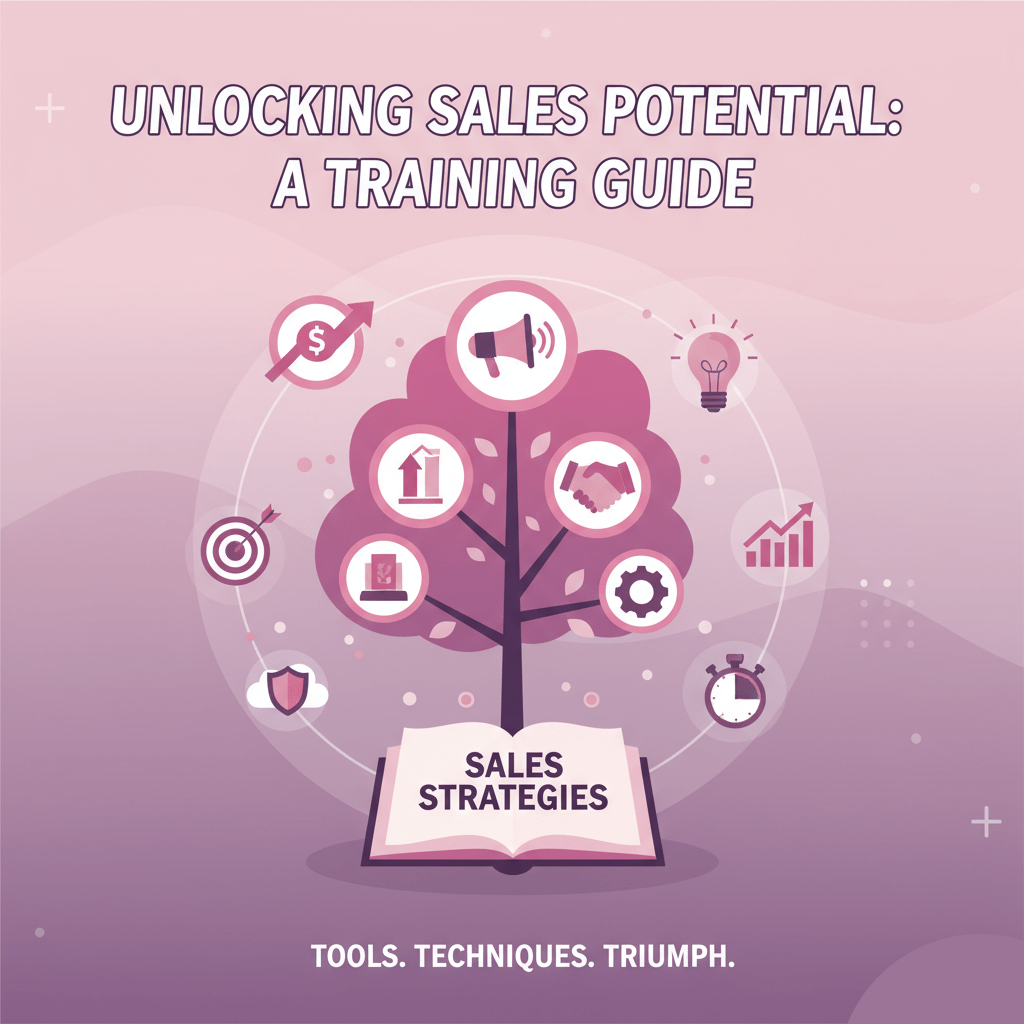“Explore 10 sales training ideas to boost performance and drive revenue, featuring SalesCloser AI.”
Effective sales training is crucial for any organization aiming to improve its revenue and build a solid customer base. Investing in sales training equips your team with the skills and knowledge to close deals efficiently. Here, we will explore ten innovative sales training ideas that can transform your sales team into high-performing salespeople.
1. Role-Playing Scenarios
Role-playing is a proven method for improving sales skills. It involves creating real-life scenarios where salespeople practice their responses and techniques. This approach allows team members to handle objections, build rapport, and refine their pitches in a controlled environment.
Actionable Tip: Set aside time each week for role-playing exercises. Rotate roles between team members to expose them to different perspectives.
2. Interactive Workshops
Interactive workshops engage your team and make learning fun. These workshops should include group activities, discussions, and hands-on exercises that teach practical sales techniques.
Actionable Tip: Invite industry experts to conduct workshops and share their insights. This adds credibility and fresh perspectives to your training program.
3. Product Knowledge Training
A deep understanding of the product is essential for any salesperson. Regular product knowledge training ensures that your team is well-versed in the features, benefits, and unique selling points of your offerings.
Actionable Tip: Organize monthly product training sessions. Encourage team members to share their success stories and challenges to enhance collective knowledge.
4. Customer Persona Workshops
Understanding your target audience is critical to effective selling. Customer persona workshops help salespeople identify the needs, preferences, and pain points of different customer segments.
Actionable Tip: Develop detailed customer personas and use them in training sessions. This helps your team tailor their approach to different types of customers.
5. Objection Handling Training
Objections are a natural part of the sales process. Training your team to handle objections confidently can significantly increase their success rate.
Actionable Tip: Create a list of common objections and role-play responses. Encourage salespeople to share their experiences and best practices for overcoming objections.
6. Time Management Skills
Time management is crucial for sales success. Training your team to prioritize tasks, manage their schedules, and stay organized can lead to higher productivity and more closed deals.
Actionable Tip: Provide tools and techniques for effective time management, such as the Eisenhower Matrix or Pomodoro Technique. Regularly review and adjust their schedules to ensure optimal performance.
7. Emotional Intelligence Development
Emotional intelligence (EI) is the ability to understand and manage emotions effectively. High EI can improve communication, build stronger relationships, and enhance sales performance.
Actionable Tip: Include EI training in your program. Conduct activities that improve empathy, active listening, and emotional regulation.
8. Data-Driven Sales Strategies
Leveraging data can transform your sales approach. Train your team to use data analytics to identify trends, track performance, and make informed decisions.
Actionable Tip: Provide access to sales analytics tools and teach your team how to interpret the data. Use insights to refine sales strategies and improve outcomes.
9. Integrating Performance Feedback Tools
Using dedicated performance tools in conjunction with training is a game-changer. These platforms can provide real-time feedback on live sales interactions, helping salespeople quickly pinpoint their strengths and areas for immediate improvement, reinforcing the skills learned in training.
- Actionable Tip: Implement a system that automatically records and analyzes sales calls to deliver personalized, data-driven coaching points to each team member.
10. Continuous Learning Culture
Sales training should not be a one-time event. Encourage a culture of continuous learning where team members are always seeking to improve their skills and knowledge.
Actionable Tip: Offer incentives for completing training modules or attending industry events. Create a library of resources, such as books, webinars, and online courses, for ongoing learning.

Conclusion
Effective sales training is vital for building a high-performing sales team. By implementing these ten comprehensive ideas, you ensure your team is well-equipped with essential human skills. However, to truly maximize output and achieve sales results beyond human capacity, organizations must integrate advanced technology.
This is where SalesCloser AI comes in. While your team focuses on relationship building and strategy, SalesCloser AI’s power lies in its specialized AI agents. These agents take over repetitive, data-intensive, and time-critical tasks, acting as a force multiplier for your well-trained human team. They can execute strategies and analyses at a speed and scale impossible for humans, managing countless data points, instantly qualifying leads, and optimizing outreach timing.
SalesCloser AI is ideal because it offers AI agents that directly improve sales performance by handling essential but non-human-centric tasks. This integration saves significant time and money by automating crucial steps, allowing your skilled sales team to concentrate solely on complex closing and relationship management, ultimately leading to higher conversion rates and exponential revenue growth.
FAQs About Sales Training
1. How often should sales training be conducted?
Sales training should be an ongoing process. Regular sessions, such as weekly role-plays and monthly workshops, ensure continuous improvement and skill development.
2. How does SalesCloser AI enhance a trained sales team?
SalesCloser AI integrates AI agents that automate high-volume tasks like lead qualification, data analysis, and personalized outreach, freeing up the human team to focus exclusively on closing deals and building relationships.
3. How can I measure the effectiveness of my sales training program?
Track key performance indicators (KPIs) such as conversion rates, average deal size, and sales cycle length. Use analytics tools to gather data and analyze the impact of your training efforts.
4. What are some common challenges in sales training?
Common challenges include maintaining engagement, ensuring knowledge retention, and adapting training to different learning styles. Overcoming these challenges requires a mix of interactive activities, practical exercises, and personalized feedback.
5. How can I keep my sales team motivated during training?
Keep training sessions engaging and relevant. Use gamification, rewards, and real-world scenarios to maintain interest and motivation.






